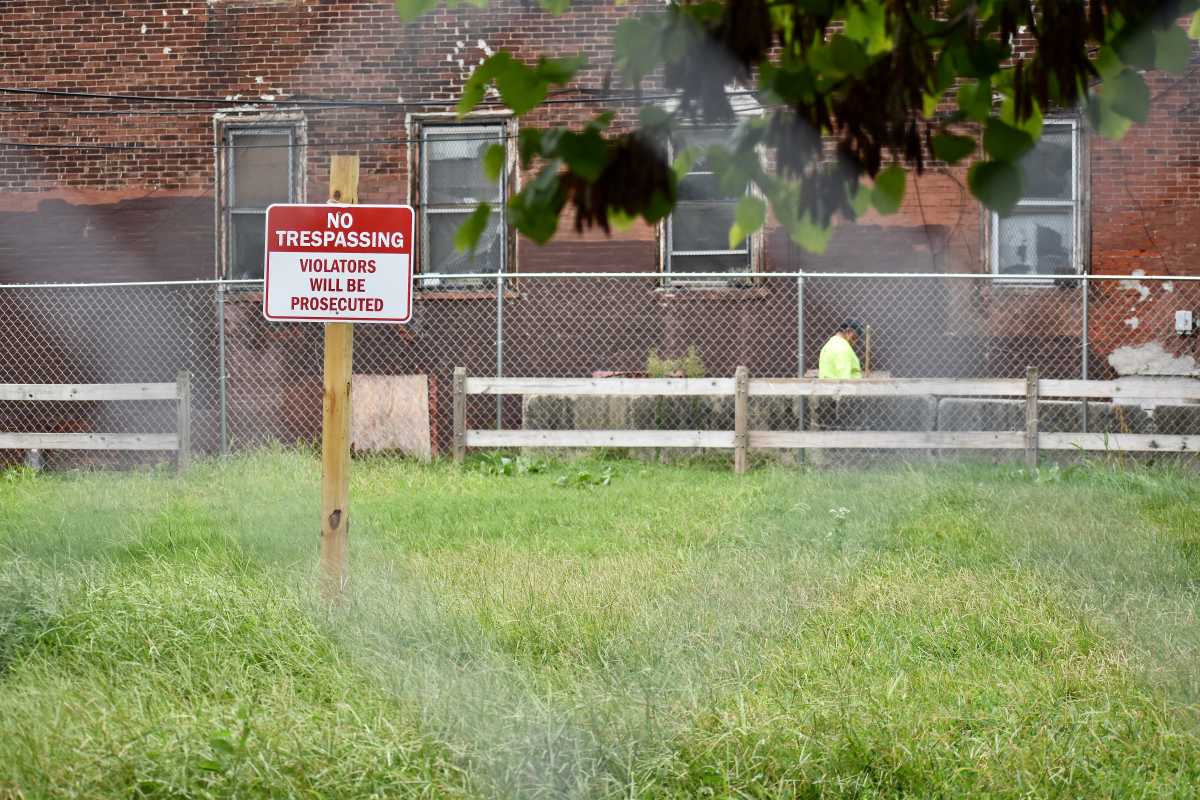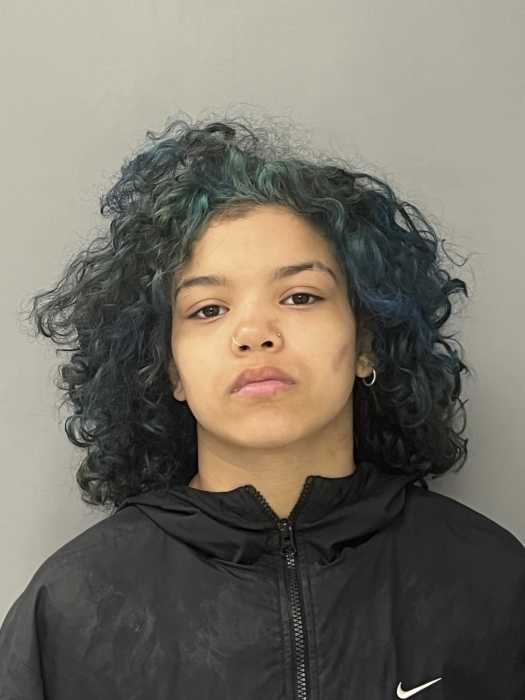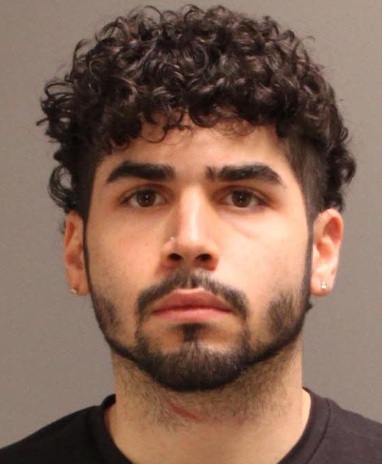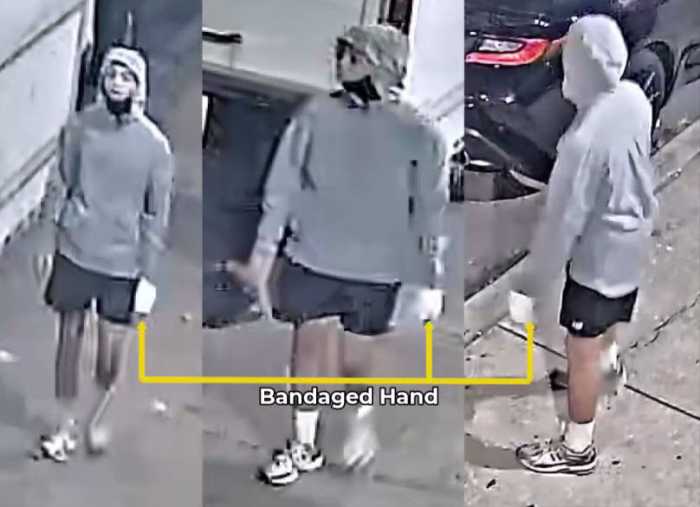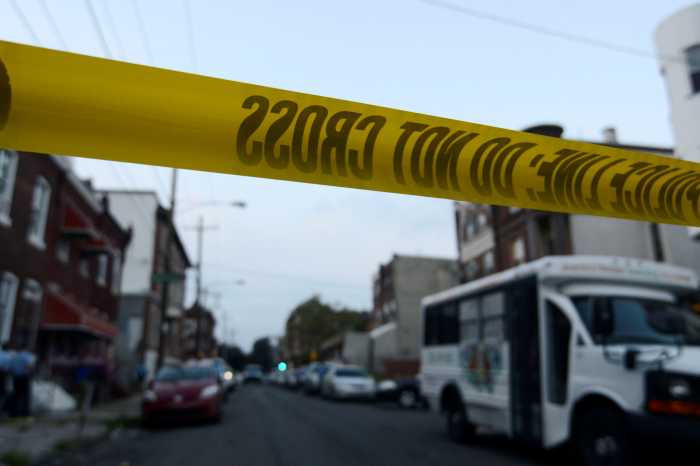Not so long ago, drug dealers roamed freely around 52nd and Arch streets in West Philadelphia, operating out of a large vacant lot, alleys and rundown homes.
The near-24/7 trade fueled skyrocketing levels of gun violence. Drug users lined up the block, and brazen sellers rigged electric hookups to charge their phones, play music and host cookouts.
“It was terrible,” Geraldine Brown, a community leader who has lived near the intersection for more than 40 years, told Metro. “People were scared to come out.”
Neighbors went to the local police station, and authorities turned to Philadelphia Community Outreach Corporation, an organization that has developed a reputation for shutting down drug hotspots.
The group, using its “Belmont Safety Model,” began meeting weekly to walk around the block. Members approached those selling narcotics with jobs and other resources. Folks cleaned the lot and convinced the owner to erect a fence around it.
“We can’t arrest our way out of this,” PCOC co-founder Pete Wilson said. “We have to come into the community and let them know we’re not here to lock you up. We’re here to wake you up. You’re killing your people. You’re destroying your community.”
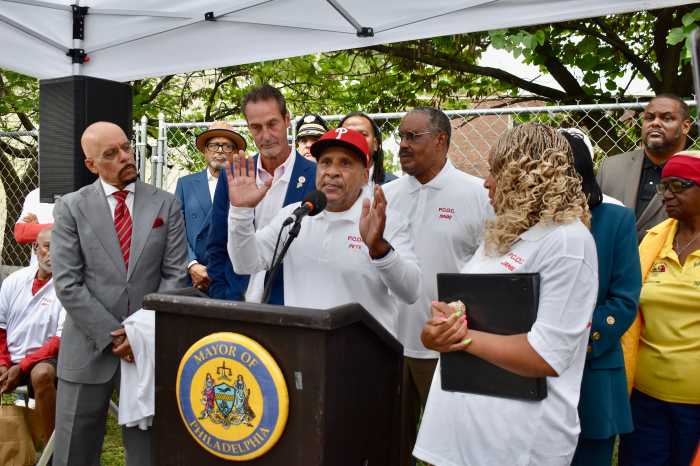
Police aided the effort, as did a variety of municipal resources. The Department of Licenses and Inspections sealed up abandoned properties; SEPTA installed additional cameras; PECO got rid of the electric connections; and workers from the Community Life Improvement Program cleared debris.
“The drug dealers felt the pressure of this combined effort,” City Councilmember Jamie Gauthier, who represents the neighborhood, said. “For the first time in years, they understood that they were being watched, and that they would be held accountable for the harm that they were inflicting on this community.
“And you know what happened? They left.”
Mayor Cherelle Parker, who spoke at an event Thursday celebrating the progress at 52nd and Arch, called it “an opportunity to see what a real, proactive blueprint looks like for eliminating violence in the city of Philadelphia.”
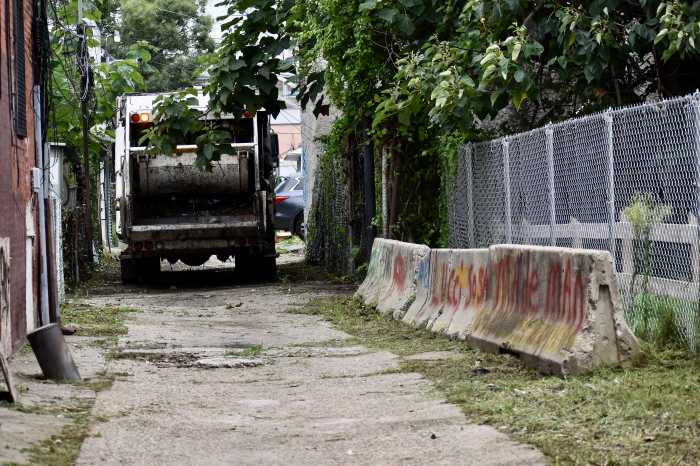
PCOC, which has been active for more than ten years, began using the approach at 42nd and Pennsgrove streets. Wilson and fellow co-founder Ishaq Samai have since expanded within West Philadelphia, tackling drug corners at Holly and Reno streets and 41st and Parrish streets, among other locations.
Police Captain Paul Brown, commanding officer of the 16th District, said that crime in PCOC’s focus areas has decreased 84% since 2017.
“If you want to reduce crime and negative behavior in a community, you invest in that community, you put resources in that community, and you listen to the community,” state Sen. Vincent Hughes said at Thursday’s gathering. “This is about sending a message that we can do this all across the city.”
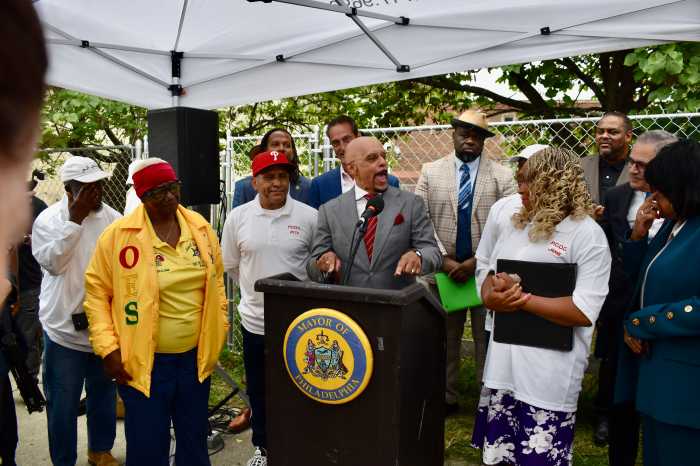
A Market-Frankford Line station sits a block away from 52nd and Arch streets, and several SEPTA bus routes serve the neighborhood, which surrounds a historic commercial corridor. Transit Police Chief Chuck Lawson said serious crime on public transportation in the immediate vicinity was down 62% last year. Violent crime saw an even stepper decrease – 77%.
“I don’t know how this funding issue is going to shake out, but I can make a promise,” he added. “No matter what happens, SEPTA is not going to back off the strategies that we’ve implemented that delivered those kinds of results for this neighborhood.”
Councilmember Jimmy Harrity announced that lawmakers have approved a $100,000 grant to support PCOC’s work.



